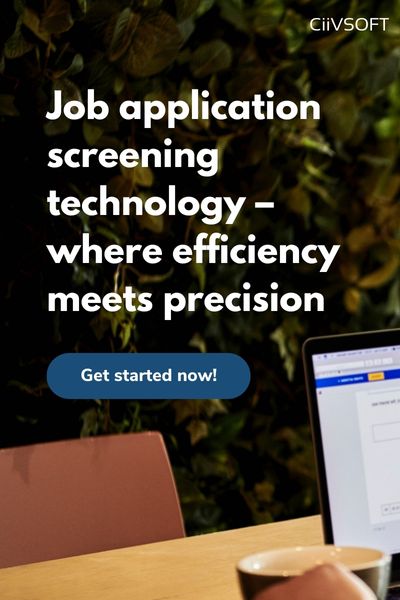What’s in a name?
The name on a candidate’s CV is usually the first thing a recruiter or hiring manager will see. It’s usually right at the top in huge font size. As a result, they’re already ‘unconsciously’ forming an idea about the applicant, who they’re dealing with and starting to view them as a person, rather than just a piece of paper. However, can the name put a candidate at risk of being discriminated against?
The short answer is yes. Stereotypical bias is very common in humans and has been studied in great depth. Results have shown that reading someone’s name can automatically trigger the formation of an unconsciously biased and incorrect interpretation of someone’s character or personality based on their name and perceived sex, gender or ethnicity.
Should job applications be anonymised?
Late in 2015, 10 large employers including Deloitte, HSBC, the BBC and the Civil Service agreed to start recruiting on a ‘name-blind’ basis, with the intention to tackle possible discrimination made against candidates based purely on their name. This method allows recruiters and hiring managers to assess a candidate’s job application on their skills and experience only rather than any possible preconceived assumptions a name could create. This was a highly lauded first initial step seen to be taken by major employers, but what about the rest?
At the back end of 2016 in the UK, the Confederation of British Industry publicly backed the anonymisation of all job applications. They said, “name-blind recruitment was one way to remove criteria that could unintentionally bias managers, and give under-represented groups confidence that their application will be fairly considered”. The initiative to remove names from job applications is gaining momentum not just in the UK but around the world.
There have been many ‘name-blind’ recruiting experiments conducted across Europe over the last 10 years. The results are still patchy but it’s surely a step in the right direction towards a fairer recruitment process for all candidates.
Can technology help?
During the initial stages of the hiring, process recruiters are often tasked with manually reviewing large volumes of CVs against their vacancies. According to Undercover Recruiter, it takes the average recruiter approximately 5 to 7 seconds to review each application, increasing the risk of the recruiter quickly disregarding a CV due to the name of a candidate. As there is no legal requirement for employers to remove names on job applications, not all candidates would necessarily choose to do so.
This is where the use of technology in recruitment can help to reduce the chances of discrimination. Much of this bias is driven by a recruiter unconsciously relying on their personal feelings and perceptions of a candidate’s application. With the introduction of recruitment systems used to automate the candidate screening process, this risk of human bias can be significantly reduced.
What are your thoughts? Does name-blind screening have an important role in the future of recruitment? Tweet us @CiiVSOFT
Related articles: 3 ways technology assists in reducing unconscious bias








